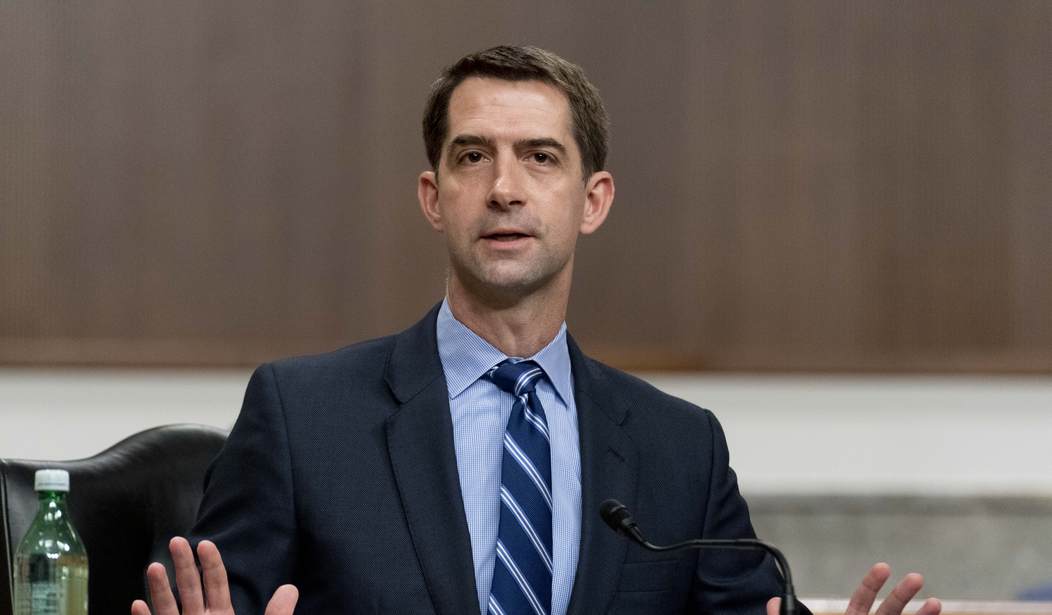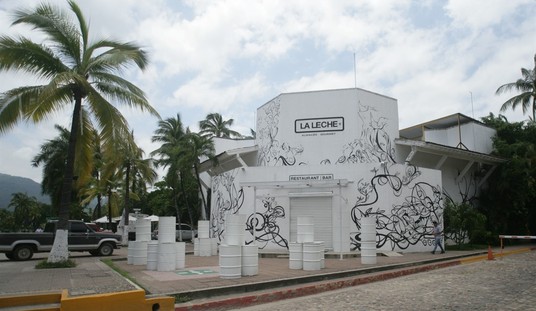Reporters have been all over the map in recent days in response to understandable criticism from Republicans that the media’s newfound “respect” for the Wuhan lab leak theory is a little too convenient and self-serving.
For instance, there was AP reporter Jonathan Lemire falsely claiming to “Morning Joe” co-host Willie Geist that former President Trump and Republicans “taking a victory lap” on the left’s/media’s about-face on the theory’s credibility was nothing more than “he and his allies … practicing some revisionist history.”
There was also ABC News correspondent Jon Karl’s comments from Sunday noting many people “now have egg on their face” for dismissing the theory, and also admitting through gritted teeth that “some things may be true even if Donald Trump said them.”
Most fascinating, however, were remarks from WaPo fact-checker Glenn Kessler and NY Times journo Maggie Haberman suggesting in so many words that the MSM treated the theory with so much skepticism last year primarily because it was President Trump and other prominent Republicans making the argument.
Along those same lines, another New York Times reporter did an interview Sunday and had an even more blunt assessment of the media’s original reporting on the theory.
In a segment with CNN’s resident hall monitor Brian Stelter on why the lab leak theory was suddenly being treated as credible, NYT writer David Leonhardt said the quiet part out loud:
And what happened was a bunch of people started arguing that it likely escaped from this lab in Wuhan. And some of them were scientists who you’ve never heard of, necessarily, and who made serious arguments. But some of them were conservative politicians like Senator Tom Cotton. And after Cotton started doing it, Donald Trump, when he was president, started doing it.
And I think people made this mistake. I think a lot of people on the political left and a lot of people in the media made this mistake. They said, well, if Tom Cotton is saying something, it can’t be true, or they assumed that. And that’s not right.
There is no embeddable code for the video, but it’s viewable here for anyone interested in watching it.
Leonhardt further explained that though Cotton, in his view, sometimes “deals in misinformation” that it didn’t mean “that everything he says is wrong. And it seems like a lot of people, including a lot of people in the media, leaped to dismiss the lab leak theory because of where it was coming from.”
While the confession about the media treating the theory as straight out of Wackoville because Republicans were the ones raising the issue was welcome, what struck me about the interview especially was in how he made an acknowledgment about Republicans that most in the media won’t.
A Republican getting some things wrong sometimes is no excuse for treating everything they say as suspect. Democrats get things wrong, too, but the media treats them much differently. The reason why is that most journalists are politically biased against Republicans to begin with, so therefore they view everything they say as wrong, and report on those politicians and public figures based on that mindset.
If the media could put those biases to the side and start reporting on politicians from a neutral perspective – asking questions, doing some investigative digging, and judging the validity of claims based on what they find, they could gain some trust back. But that’s unlikely to happen because as CNN and other news outlets have shown us, sensationalistic agenda-driven reporting and fealty to Democrats trumps (no pun intended) traditional, fact-based journalism every single time.
Related –>> Analysis: Media Learns Hard Lesson on ‘Orange Man Bad’ Reporting Strategy – or Have They?














Join the conversation as a VIP Member